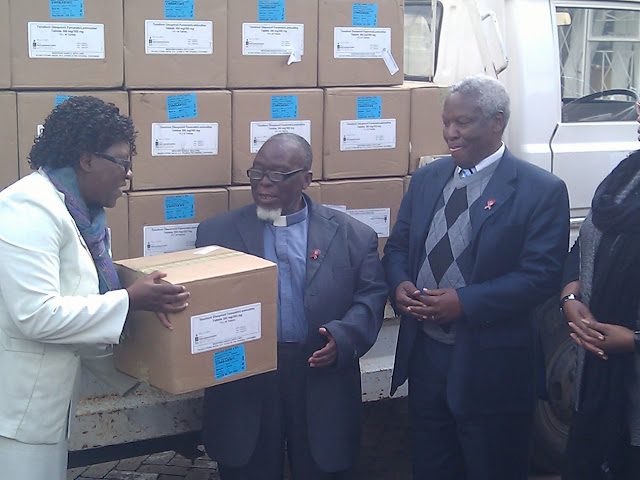Also today is my last day at NAC, so it's great timing for an article highlighting the organization's work.
Tzviatko Chiderov is a ONE volunteer from Chicago and has been a member since 2007. He is currently on assignment in Zimbabwe with Voluntary Services Overseas. Keep on the lookout for more posts like these in the series “Z for Zimbabwe.”










0 comments:
Post a Comment